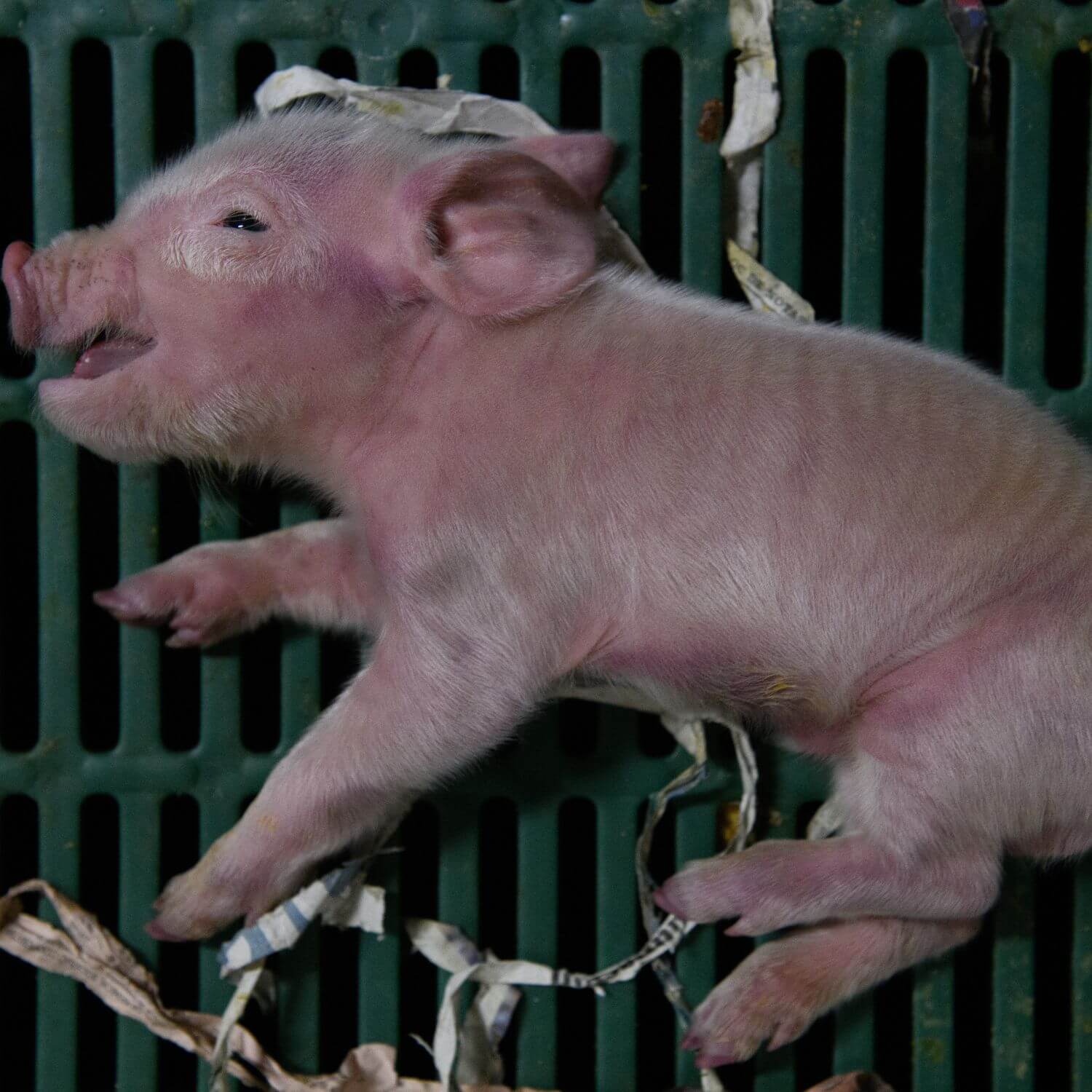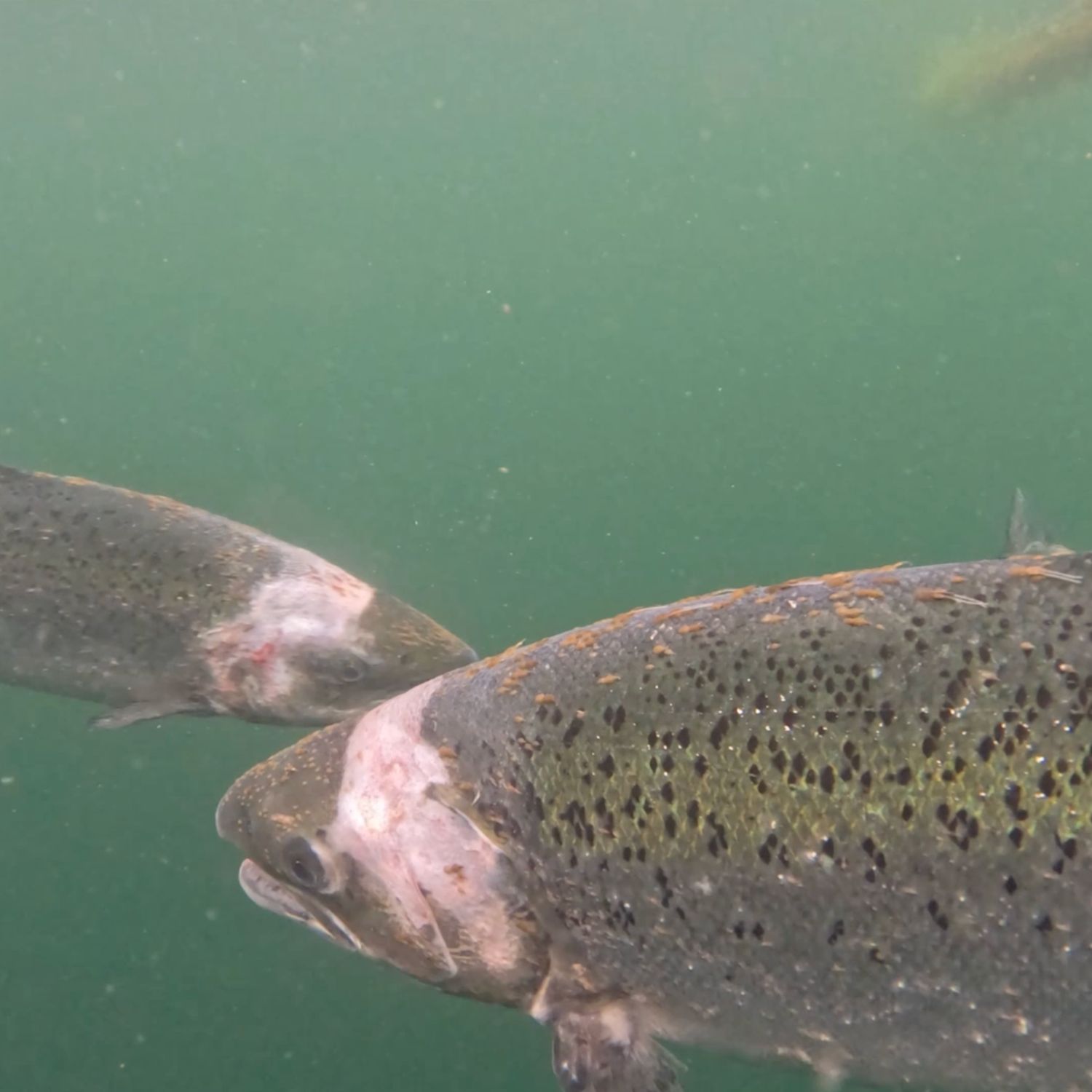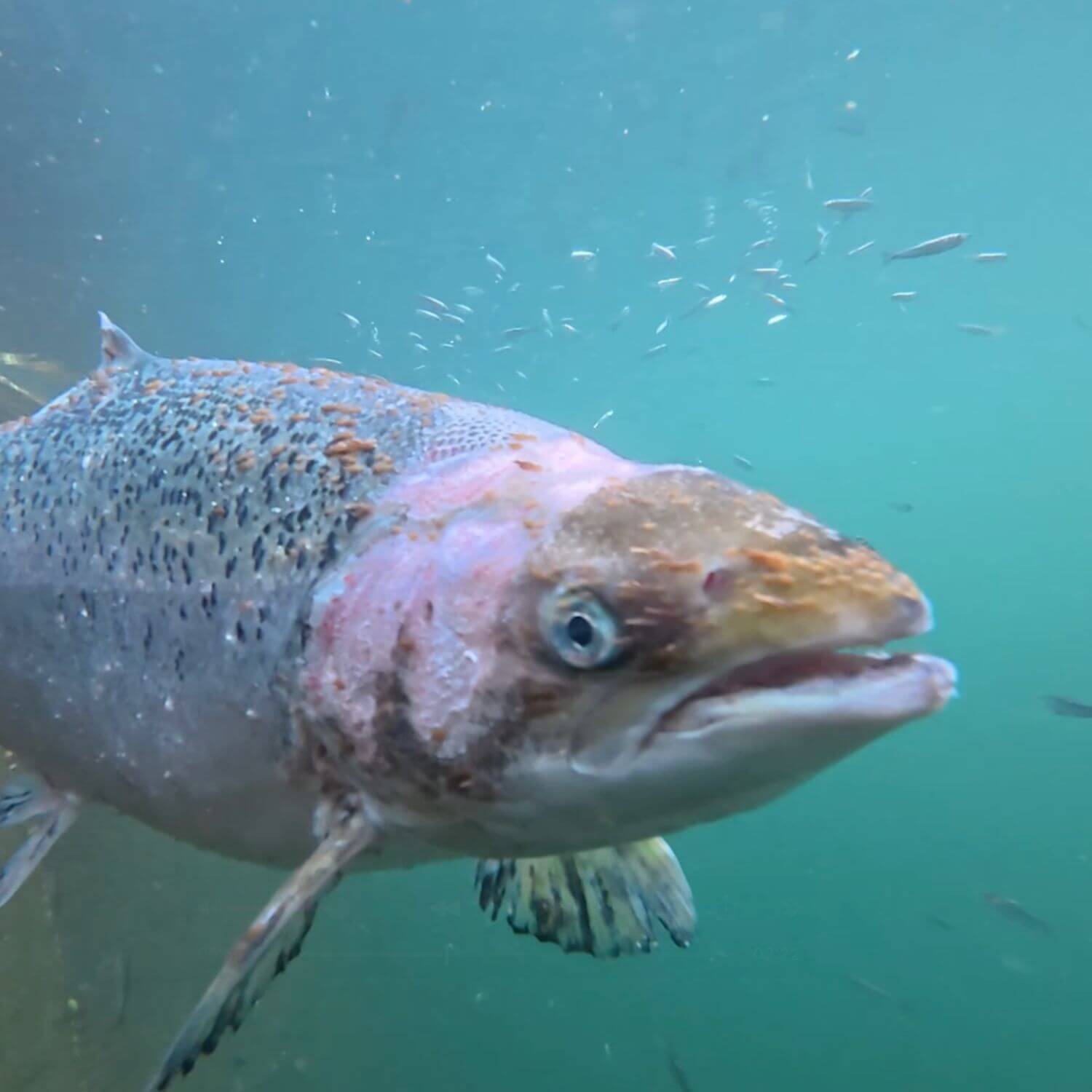Animal Equality secures landmark legal victory for animal welfare in planning law
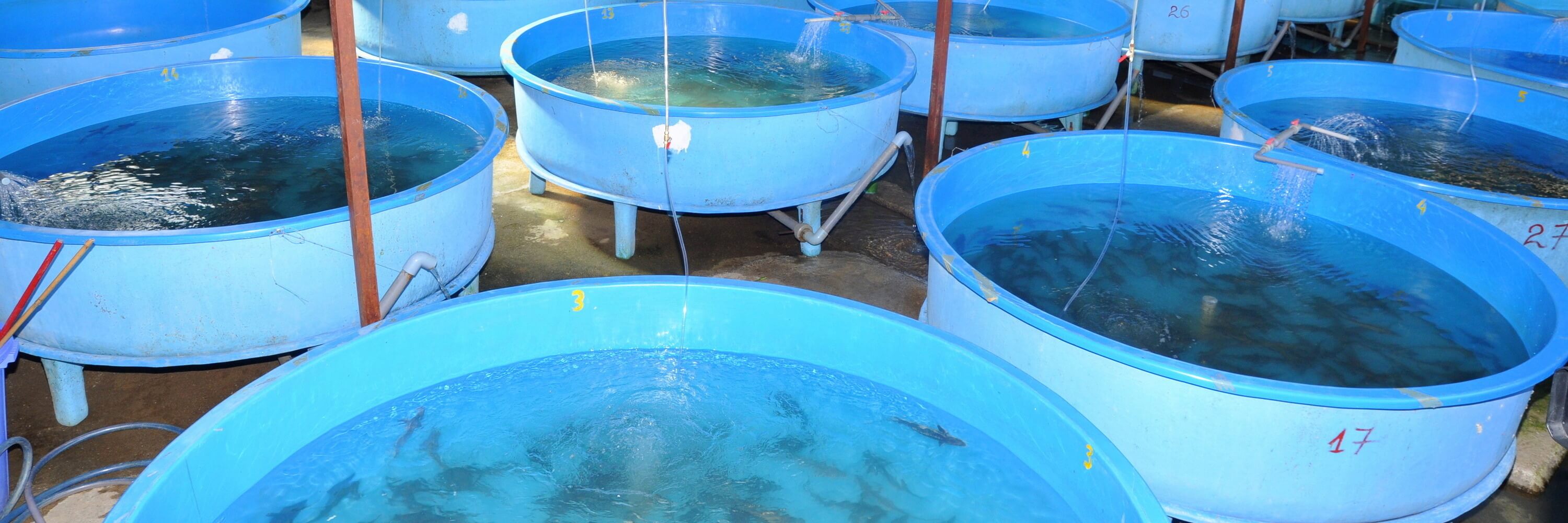
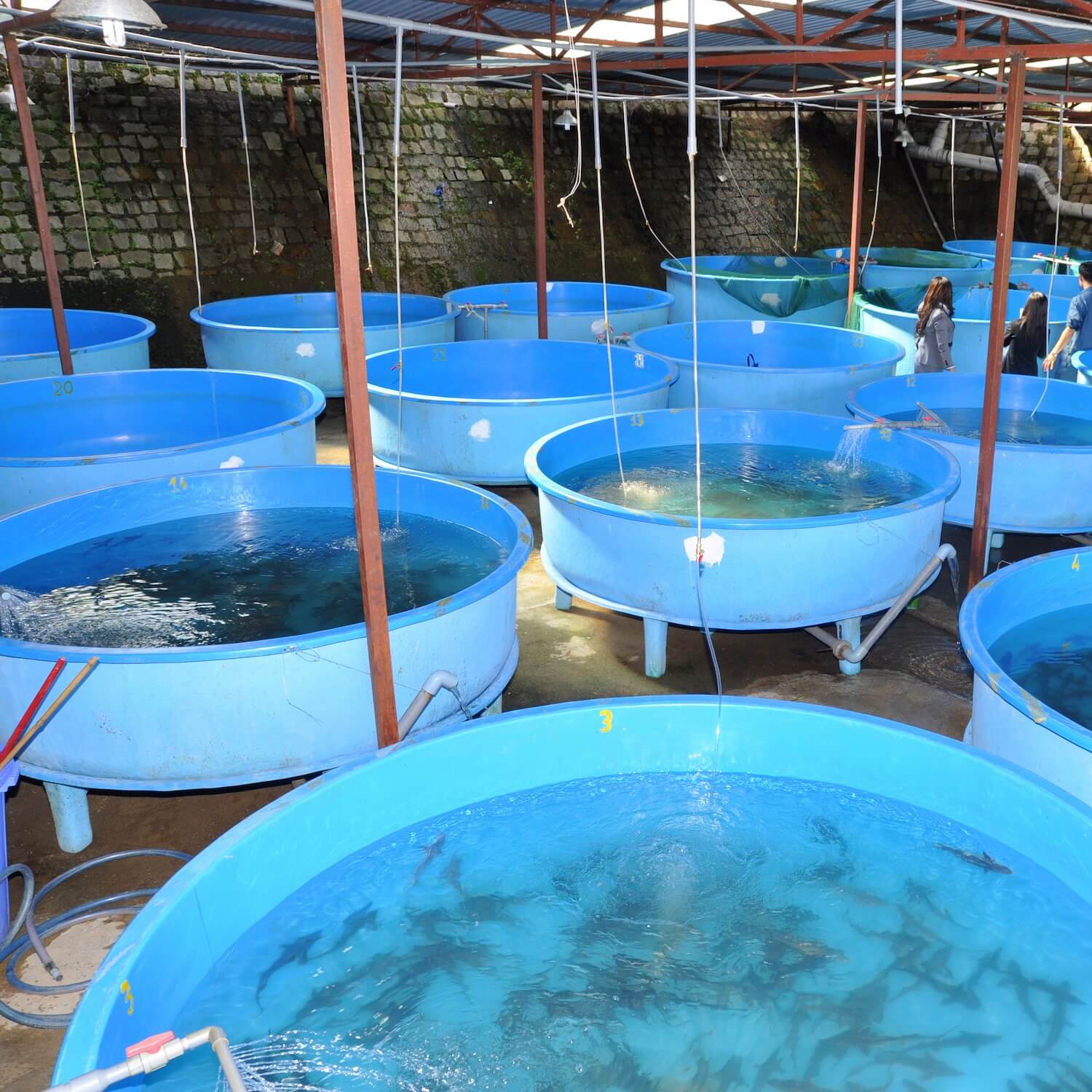
On the 4th June 2025, after a lengthy legal battle, Deputy High Court Judge, Karen Ridge, ruled to uphold North East Lincolnshire Council’s decision to approve the UK’s first fully on-land salmon megafarm. We will continue to do everything in our power to block the construction of this dangerous facility. Nevertheless, this case has delivered something powerful: a historic legal recognition that animal welfare can be a ‘material consideration’ in planning matters. This precedent-setting moment is the first of its kind in the UK – and it could change how future planning decisions are made across the country.
The High Court’s decision to endorse our position and confirm that animal welfare concerns can be taken into account during planning decisions should set alarm bells ringing for planning authorities throughout the UK. It’s a clear message that dismissing animal welfare impacts is not only ethically questionable when considering proposals of this kind, but could also expose councils to significant legal risks. We’ve established a crucial legal victory in this case that could create a seismic shift in how future planning decisions are made.
Abigail Penny, Executive Director of Animal Equality UK
A clear legal message
The ruling from Deputy High Court Judge Karen Ridge affirms that animal welfare can be relevant to planning decisions. In her judgment, she stated:
‘Whether or not a decision-maker chooses to take into account something which is a lawful material planning consideration is a matter of discretion for the decision maker. The only exception is where there are circumstances where a material consideration is so obviously material that a decision maker is required to take it into account. All parties agree that animal welfare concerns are capable of constituting a material consideration as a matter of law. It is further agreed that a planning committee is not required to have regard to, or to disregard, animal welfare concerns but it can legitimately chose [sic] to disregard such concerns.’
This means planning decision-makers who deliberately fail to appreciate that animal welfare can be considered could now face judicial review.
This was the first reported case that considered the materiality of animal welfare concerns to planning decisions. Importantly, the court, the council and the developer all accepted that animal welfare concerns are capable of being material considerations, and so planning committees are not required to disregard those concerns. This has big implications: it means that planning decision makers who refuse to consider animal welfare issues are at serious risk of judicial review.
Alex Shattock, our representing barrister from Landmark Chambers
A dangerous precedent: the Cleethorpes salmon megafarm
The facility at the heart of this legal battle is the UK’s first on-land commercial salmon farm, proposed by start-up AquaCultured Seafood Ltd. The company – with no proven track record in the field – plans to ‘produce’ 5,000 tonnes of salmon a year (equivalent to around one million dead fish) using Recirculating Aquaculture System (RAS) technology. Animal Equality and others point to recent ‘mass mortality events’ in similar facilities globally, whereby hundreds of thousands of animals die due to human error or equipment failure, underscoring the importance of thorough welfare considerations at the planning stage.
- In Canada, 100,000 animals died when a filter collapsed;
- In Denmark, 227,000 fish were killed after nitrogen levels spiked;
- In the US, half a million animals died when the drum filters broke;
- And in on-land hatcheries across the UK using similar technologies, 6.2 million farmed fish died in 2024 – the highest ever on record.
Others have seen fires, tank explosions, stagnant water, and hydrogen sulphide poisoning.
As well as the devastating animal welfare impact, the proposed fish factory is estimated to produce as much effluent as 400,000 humans and use as much electricity as 3,200 homes. It requires vast quantities of freshwater and seawater, and the carnivorous Atlantic salmon would require feed containing fish meal comprising wild aquatic animals. Every salmon farmed consumes approximately 440 smaller fish.
What this means for fish is a new model of intensive farming with all the welfare issues that come with that. Fish also receive significantly less legal protection and enforcement to protect their welfare and so this is a troubling development in light of that. However, along with our client, we celebrate the unequivocal recognition that animal welfare can be a material consideration in planning decisions and we will be working with our client to ensure local authorities up and down the country are aware of this when considering planning permission for structures that impact animals.
Edie Bowles, our representing Solicitor from law firm Advocates for Animals
What comes next
We’re not stopping here.
We have already delayed this facility’s construction by over two years and we intend to continue fighting for the salmon who are at risk of being trapped in this onshore factory farm. And, we will work to ensure that every council across the UK understands: advising planning members that animal welfare cannot be a material land use consideration during planning processes could expose them to legal challenge.
Planning officials who receive proposals for a new fish, chicken, cow, pig or other factory farm can reject the project on animal welfare grounds. This is a major milestone and could spare thousands, potentially millions, of animals from needlessly suffering each year.
And you don’t need to be a planning committee member to help animals today. The best thing you can do to help is to leave fish off your plate and switch to delicious plant-based alternatives like this tasty carrot ‘salmon’ and cream ‘cheese’ bagel recipe.
Secondly you can take action by sharing this news with your local council and making sure planning decision makers are aware of this new ruling when making planning decisions.
Together, we can build a future where animals are given the consideration they deserve.

